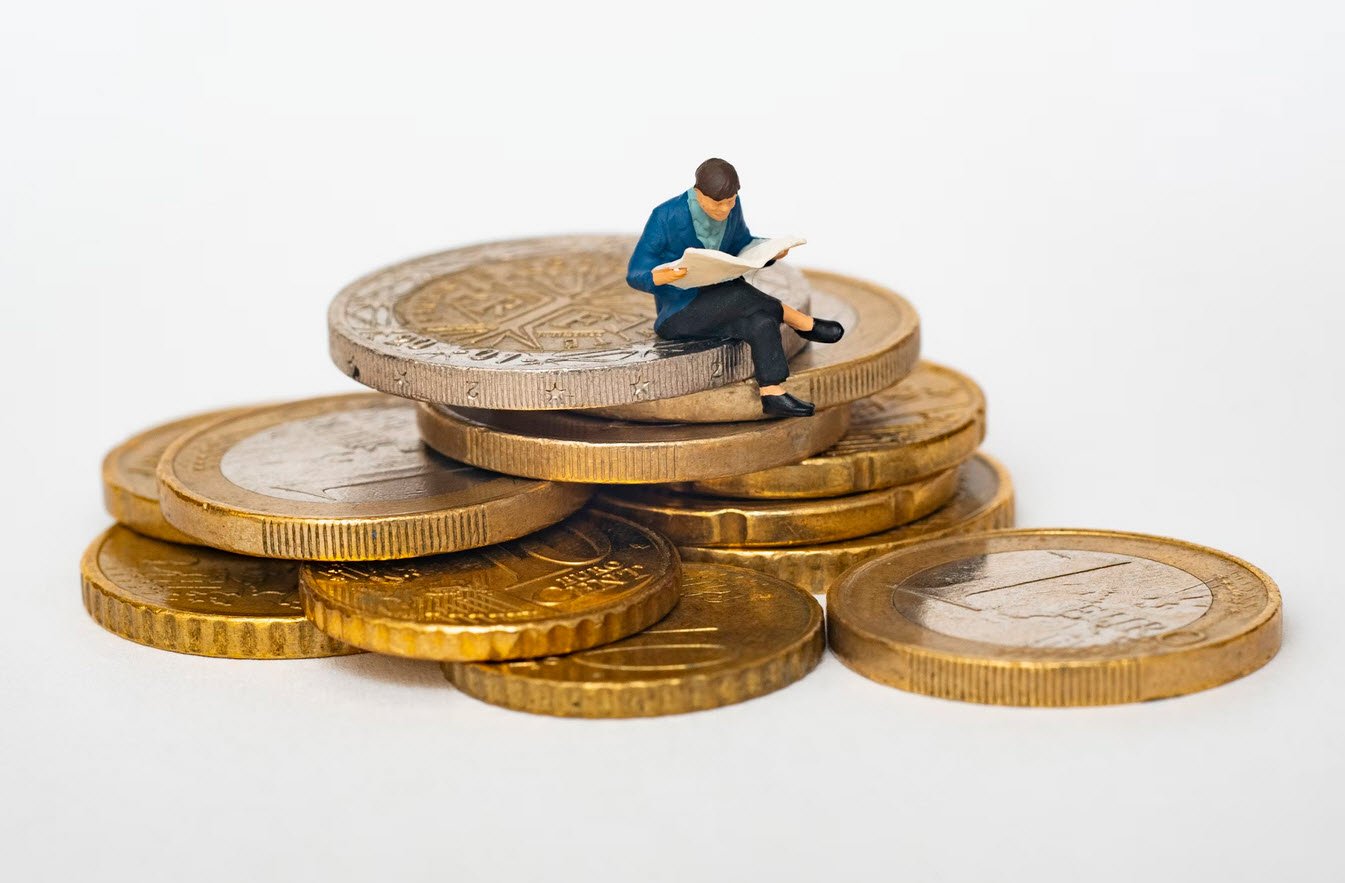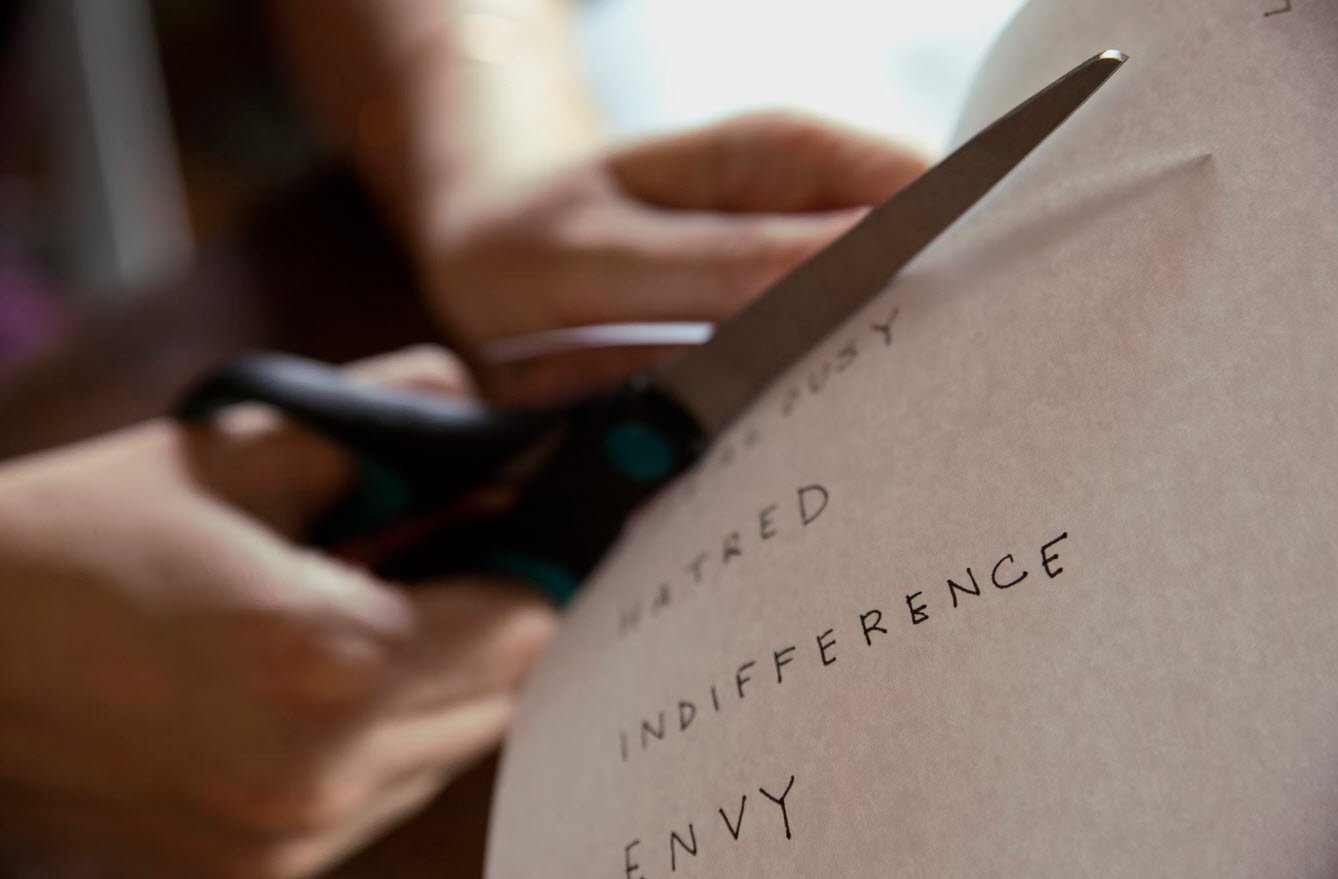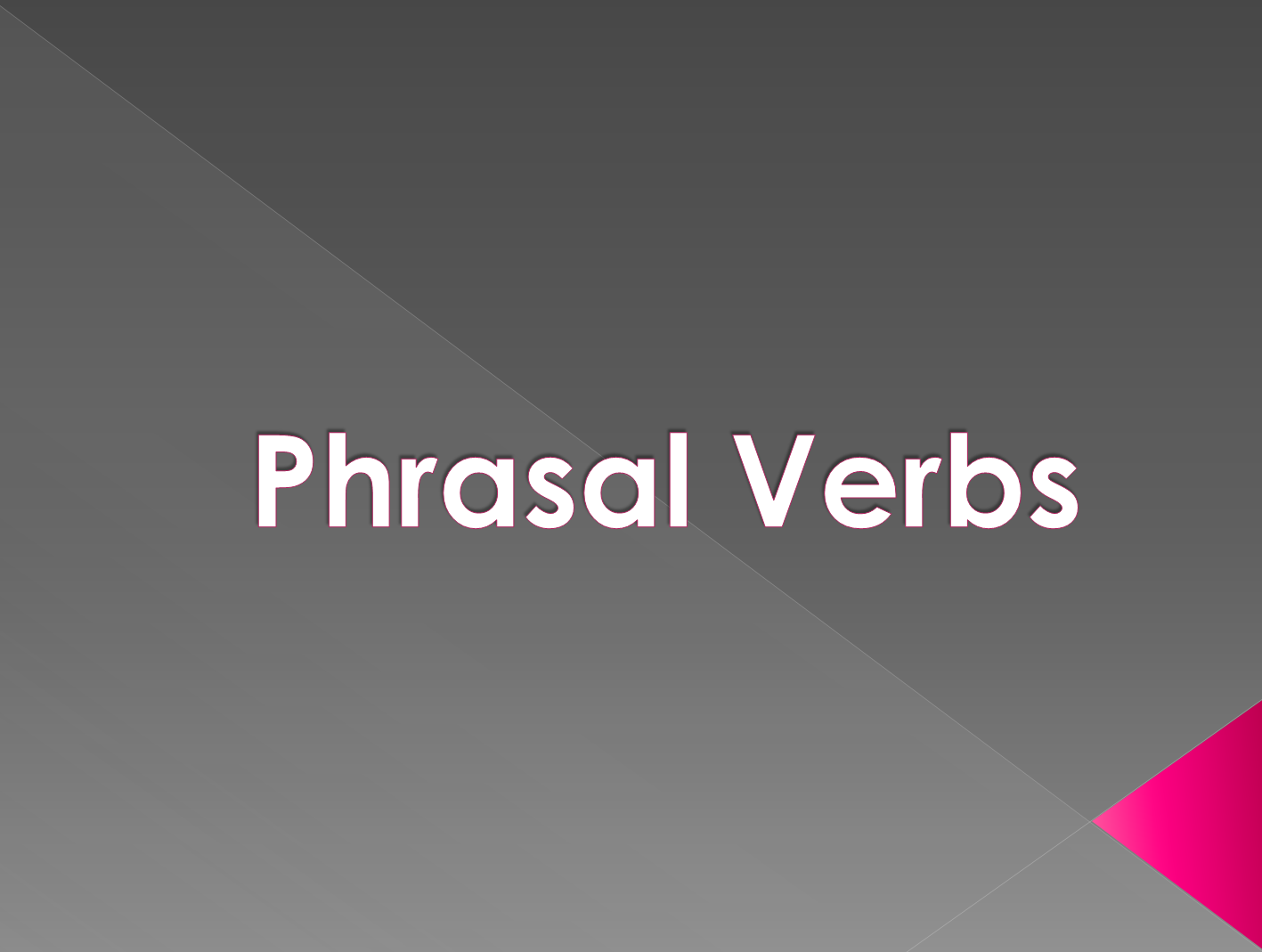
Exercise 1: Look at the idioms in bold in sentences 1 – 22, and decide if the people:
(A) have a lot of money.
(B) have very little or no money.
1. Steve is up to his ears in debt.
2. Kevin is on the dole.
3. Jamie has made his pile.
4. Sue can’t make ends meet.
5. Jacqueline is stinking rich.
6. Mark’s boss pays him chickenfeed.
7. Tarquin is loaded.
8. Laurence is hard up.
9. Christine is well off.
10. Brenda is in the red.
11. John is strapped for cash.
12. Mike is made of money.
13. Don is penniless.
14. Judy has money to burn.
15. Pete is broke.
16. Tim has more money than sense.
17. Alison is rolling in it.
18. Bob is skint.
19. Andy is down and out.
20. Jeanette is feeling flush.
21. Charles is raking it in.
22. Annabel is a bit down-at-heel.
Correct Answers:
- B (If you are up to your ears in debt, you owe a lot of money)
- B (If you are on the dole, you are unemployed and getting money from the government)
- A (Someone who has made their pile has made a lot of money, usually over a long period of time)
- B (If you cannot make ends meet, you are finding it difficult to pay for important things like your house, food, clothes, etc)
- A (Someone who is stinking rich is extremely rich)
- B (If your boss pays you chickenfeed, he / she pays you very little money. We can also say that your boss pays you peanuts)
- A (Someone who is loaded is very rich)
- B (Someone who is hard up doesn’t have much money and finds it difficult to make ends meet)
- A (If you are well off, you have enough money to live a comfortable life)
- B (If someone is in the red, they have less than £0 in their bank account and owe the bank money as a result. If they have more than £0 in their account, they are in the black)
- B (Someone who is strapped for cash needs money. This is usually a temporary situation: “Can I pay you tomorrow? I’m a bit strapped for cash at the moment”.)
- A (Someone who is made of money is very rich)
- B (If you are penniless, you have no money at all: this word comes from penny, the smallest unit of British currency)
- A (As this expression suggests, someone who has money to burn has so much money that they could burn it if they wanted to)
- B (If you are broke, you have no money. This is usually a temporary situation: “I’m completely broke and I don’t get paid for another week”)
- A (Someone who has more money than sense has a lot of money, but often wastes it on things that they don’t really need or want)
- A (This expression has a similar meaning to number 14)
- B (This has a similar meaning to number 15, but is more informal)
- B (Someone who is down and out has no money and no home, and is probably living rough on the streets)
- A (If you are feeling flush, you are not rich, but you have more money than usual, perhaps because you have won something: “I’m feeling flush: let me buy you dinner tonight”)
- A (If you are raking it in, you are getting a lot of money for doing your job)
- B (Someone who is described as down-at-heel is poor and looks poor: their clothes are probably dirty and in bad condition, their hair is untidy, etc)
Exercise 2: Look at the idioms in bold in sentences 23 – 38, and decide if the people:
(A) have paid a lot of money for something.
(B) have paid a small amount of money for something.
23. The shop sold us our hi-fi for a rock-bottom price.
24. A pizza and a glass of wine cost us £10. It was daylight robbery.
25. We paid next to nothing for the holiday.
26. It cost us the earth to get our car repaired.
27. It didn’t break the bank to travel business class to New York.
28. I paid £6 for a hot dog and a Coke. What a rip-off!
29. My new car cost me a packet.
30. It cost us an arm and a leg to change our flight times.
31. We paid a tidy sum for our new computer.
32. The rent on my house is a bit steep.
33. How much was my new camera? Well, it didn’t come cheap.
34. The restaurant served excellent food, at a price.
35. This suit set me back a bit.
36. This home cinema system was going for a song.
37. We had an excellent meal, and it was dirt cheap.
38. I paid good money to stay in this hotel.
Correct Answers:
- 23. B (We could also say at a giveaway price)
- A
- B
- A (We could also say It cost us a bomb…)
- B (Break the bank is usually used in the negative: “It won’t break the bank to eat here”)
- A (This very informal expression can also be a phrasal verb, to rip someone off: “Don’t buy a car from him, he’ll rip you off”, “I don’t believe it, we’ve been ripped off again!”)
- A (We can also say a small packet or an absolute packet. Alternatively, we could use the word fortune: “My new car cost me a small fortune!”. Some people also use the expression a king’s ransom)
- A (This expression is very similar to cost the earth or cost a bomb)
- A
- A
- A
- A
- A
- B (Something that is going for a song is very cheap: it is a bargain)
- B (dirt cheap = extremely cheap)
- A
- Idioms and Other Expressions Used For Talking About ‘Work’
- What Are Weasel Words?
- Money and Finance – Test Your Knowledge
- Phrasal Verbs, Idioms and Other Expressions Using ‘CUT’
- How to Say Time in English
- Shopping and Consumerism – Match the Correct Name
- Phrasal Verbs – Choose the Correct Verb
- Currency Markets – Choose The Best Words
- Personal Qualities – Use the Best Nouns and Adjectives
- Common Spoken Responses – Solve The Exercise








